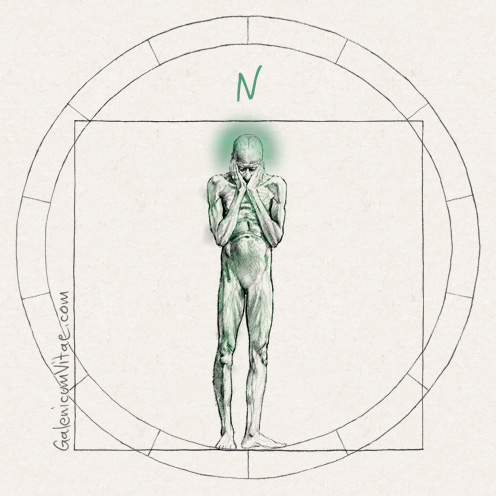Dementia is not a specific disease. It is a general term that describes a wide range of symptoms associated with a decline in memory and other skills that is serious enough to reduce a person's ability to perform everyday activities.
People with dementia may no longer be able to think well enough to carry out normal activities, such as dressing themselves or eating. They can lose their ability to solve problems or to control their emotions. There may be personality changes. Patients can become agitated or see things that are not there.
These losses are greater those associated with normal aging and are sufficiently significant to affect the daily activities that the person previously performed.
Memory loss is a common symptom of dementia. However, memory loss itself does not mean that someone has dementia. People with dementia have serious problems with two or more brain functions, such as memory and language. Although dementia is common in older people, it is not a normal part of aging.
Many different diseases can cause dementia, including Alzheimer's disease and stroke.
There are medications available to treat these diseases. Although these drugs cannot cure dementia or repair brain damage, they can improve symptoms or lessen the functional impact of the disease and facilitate patient care.
For more information visit:
Dementia
http://www.who.int/mediacentre/factsheets/fs362/en/
What Is Dementia?
http://www.alz.org/what-is-dementia.asp

 Digestive
Digestive  Blood
Blood Cardiovascular
Cardiovascular Dermatology
Dermatology Genitourinary,
Genitourinary, Hormones
Hormones Infections
Infections Oncology and
Oncology and Musculo-skeletal
Musculo-skeletal Mental health and
Mental health and Parasites
Parasites Respiratory
Respiratory Senses
Senses Various
Various




